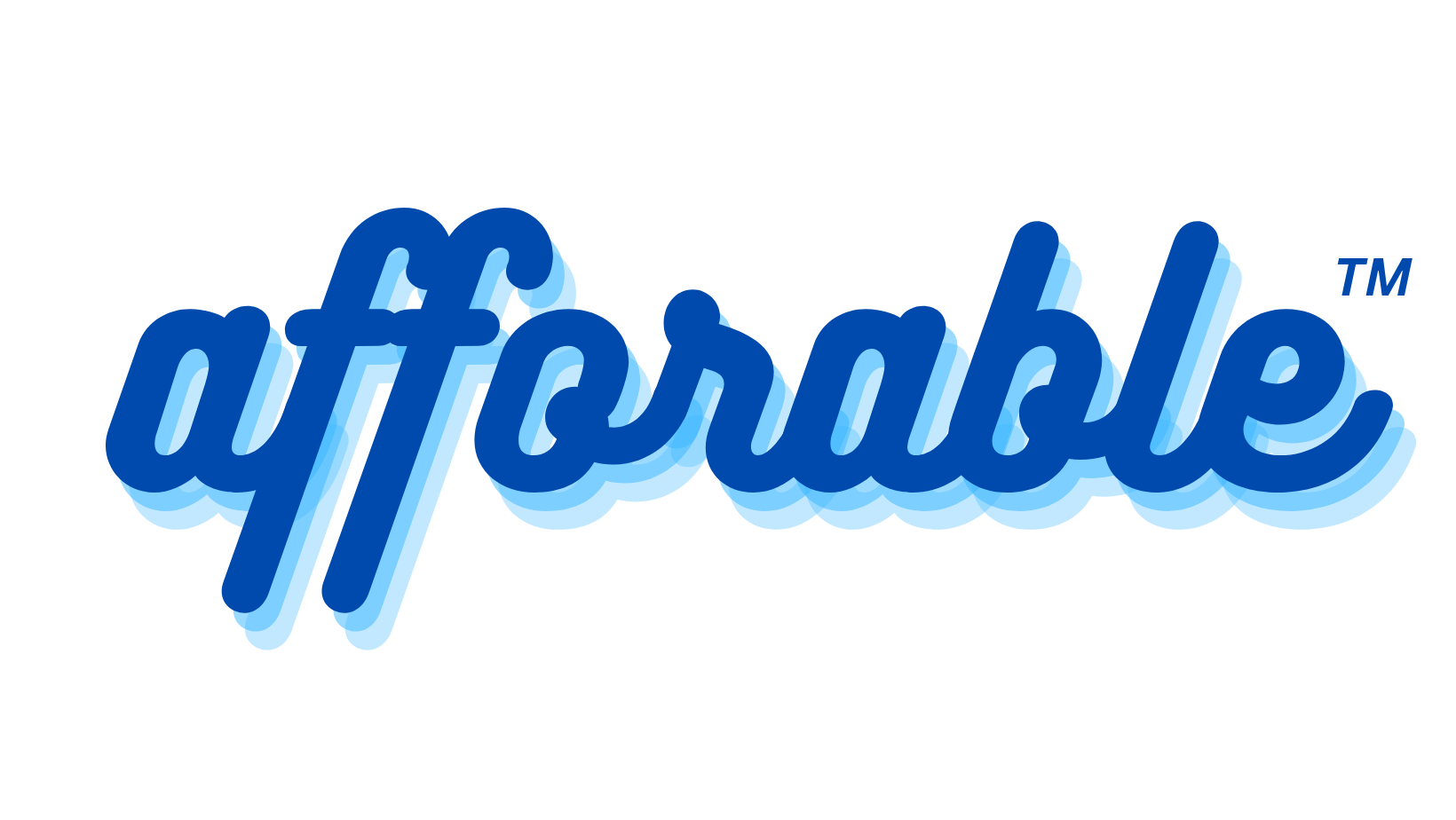Losing a job can be a challenging and uncertain time, particularly when it comes to maintaining essential services like health insurance. Fortunately, several options are available for individuals who find themselves unemployed. Here, we’ll explore some of the pathways to secure health insurance during this transitional phase.
COBRA Coverage
COBRA (Consolidated Omnibus Budget Reconciliation Act) allows eligible individuals to continue their employer-sponsored health insurance for a limited period after job loss. While this option can provide continuity in coverage, it may come at a higher cost as you’ll be responsible for both your and your employer’s premium contributions.
Medicaid
Medicaid is a government-funded program that offers free or low-cost health insurance to individuals with limited income. Eligibility criteria vary by state, and expansion under the Affordable Care Act has made Medicaid accessible to more people. If you’re unemployed and your income falls below a certain threshold, you may qualify for Medicaid coverage.
Affordable Care Act (ACA) Marketplace
The ACA established a Health Insurance Marketplace where you can purchase health insurance plans, often with subsidies to reduce costs. Special Enrollment Periods (SEPs) are available if you’ve experienced a life-changing event, such as job loss. You can explore a range of plans with varying coverage options to find one that suits your needs and budget.
Short-Term Health Plans
Short-term health insurance plans are designed to provide temporary coverage during transitional periods. While they may offer lower premiums, they typically have limited coverage and may not cover pre-existing conditions. They can serve as a bridge until you secure more comprehensive coverage.
Spouse’s or Parent’s Plan
If you have a spouse or parent with employer-sponsored health insurance, you may be eligible to join their plan, which can be a cost-effective solution if available.
State Health Insurance Programs
Some states offer their own health insurance programs to support residents during times of unemployment. These programs may provide affordable coverage options that cater to specific state requirements.
Catastrophic Health Plans
If you’re under 30 or qualify for a hardship exemption, you may consider a catastrophic health plan. These plans typically have lower premiums but higher deductibles, making them suitable for young, healthy individuals.
Nonprofit and Community-Based Organizations
Some nonprofit organizations and community groups offer assistance and guidance for finding affordable health insurance options. They can help you navigate the available resources and choose the most suitable coverage.
State High-Risk Pools
In some states, high-risk pools exist to provide coverage for individuals with pre-existing conditions who can’t find insurance elsewhere. While premiums may be higher, this option ensures access to essential healthcare.
Navigating the world of health insurance while unemployed can be daunting, but these options provide a range of pathways to maintain essential coverage. It’s essential to thoroughly research and compare the available options to make an informed decision that suits your health needs and financial situation during this period of transition. Consulting with a healthcare navigator or insurance professional can also be invaluable in finding the best fit for your circumstances.

